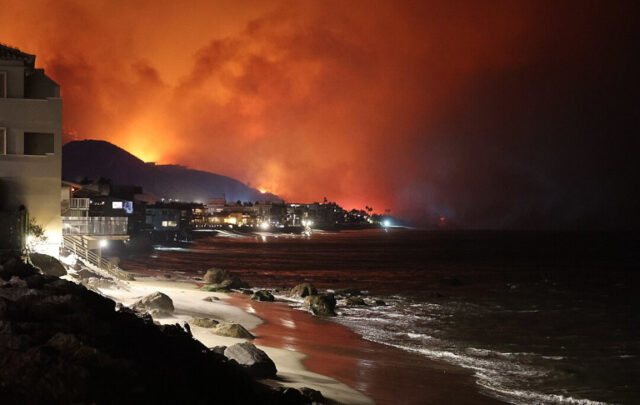Salvage capitalism, ecological assemblages, and precarity… These are a few concepts that Anna Lowenhaupt Tsing fleshes out in The Mushroom At the End of the World, a genre bending book that tracks the global economy by way of the Matsutake mushroom.
As a farmer, I have noticed that my own ways of thinking and seeing the world have shifted with each passing season. I have felt something akin to love for an animal that I knew would one day be dinner, have felt tremendous connection to invisible soil critters and life webs as I hoed through pea patches. Social scientists refer to this process as affect, the suggestion that other-than-human-beings (plants, animals, earth elements) can impact and shape our ways of being.
So what does this have to do with mushrooms and capitalism? Why consider reading this? Well, first of all, anarcho, sci-fi-feminist Ursula Le Guin enjoyed it! But more to the content, as an anthropologist Tsing finds a way to connect humans, ecology, agriculture, and the economy in creative and insightful ways. It’s rare to find an academic work that easily blends prose with complex concepts, but this book somehow manages to make ideas like ecological assemblages palatable – in fact there are chapters dedicated to aroma and taste!
If you take a look at the essay on agroecology posted on the blog earlier this week you can see that there appears to be renewed interest in how human systems can borrow and replicate those of nature. Again, as farmers some of this may seem like good sense, yet think how often we are forced (on and off the farm) to try and fit our ideals into an economy, social system, and political processes that just don’t line up with what we believe.
While the book’s primary focus is on life that emerges in devastated and precarious zones, a real takeaway from Tsing’s Mushroom at the End of the World is the suggestion that, rather than conforming to systems that constrain us, we can begin to revitalize those that actually align with our values (or whose values we mimic?). Whether that means commons based economies, resilient community, and a healthy, decentralized food system, we don’t have to reinvent these concepts because they exist in the the natural complexity of our environments.
Like any good book it leaves you with as many questions as it does ideas. If we are conscious of the affect of farming on shaping our worldviews, we should also be aware that the broader social, political and technological structures we bump up against each day have a similarly profound impact on us. I found myself wondering how we can (and do) embed these alternative ways of being and knowing into our everyday lives? What happens when these practices begin to transgress into other domains – when we make decisions that go against market-based logic or blur political and social lines?
Perhaps we are not guided by self interest and an invisible hand so much as we are shaped by both the visible and microbial life that surrounds us.





